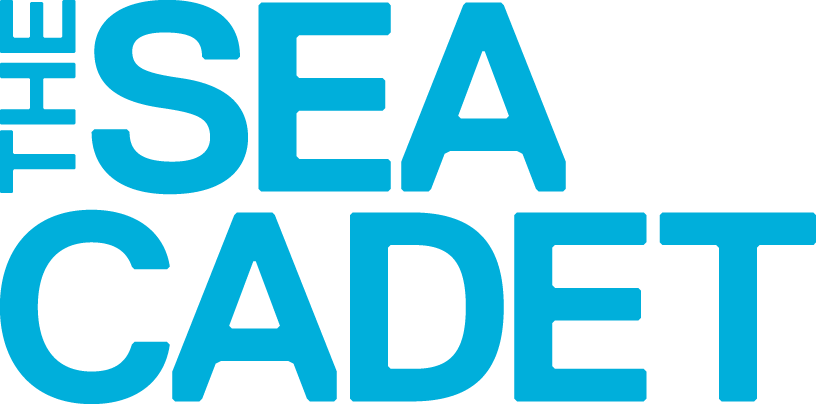“A hoofing time!”
That’s Royal Marines-speak for ‘amazing’ and how a royal marines cadet described competing for the coveted Gibraltar Cup
Royal marines cadet David, from Preston Detachment, said taking part in the Gibraltar Cup competition was “the experience of a lifetime”. He was one of 48 cadets from detachments across the UK who descended on Commando Training Centre Royal Marines (CTCRM), Devon, in March. Over the course of a weekend, they were there to face a series of challenging activities that capture the mindset and determination of the Royal Marines.
The ‘Gib Cup’ is designed around the Cadet Training Programme, so the teams already have most of the skills they need to take part. The RMC detachments are assessed throughout the year to determine which ones have achieved the highest standard of all-round merit in their company – and who will get to attend the competition. The six detachments, one from each area, are usually identified by their companies in November/December, so they get three to four months to train.

The competition tests cadets to combine the commando values (excellence, integrity, self-discipline, humility) and qualities (courage, determination, unselfishness, cheerfulness), with the commando mindset: ‘Be the first to understand; the first to adapt and respond; and the first to overcome.’
After a demanding range of activities, Guildford Detachment took home the cup, presented to them by the Commandant Colonel Royal Marines Cadets, Brigadier Ged Salzano MBE RM.

Are you up for the cup? This is what it takes…
Phase one: sleep out
Beginning on Friday evening, when the cadets arrive, phase one includes: a kit check, weapons-handling test, writing a route card (a plan for the next day) and the delivery of a set of ‘orders’ by the cadet Section Commander (information for the next day).
The cadets then deploy into the field on Woodbury Common Training Area and sleep out overnight, taking care of their own field hygiene and weapons safety, staying warm and dry as well as cooking for themselves.
Phase two: navigation
After the morning routine (hygiene, cooking breakfast, kit and equipment check), cadets set off as a section to navigate to and complete a set of six stances, designed to test their knowledge of the RMC syllabus, assess how they work as a team and see how the Section Commander performs as a leader. They must communicate effectively and work together. They are tracked by GPS devices, just in case they take a wrong turn.
Phase two ends by going into a ‘harbour’ area in a safe, wooded area and building their own shelter. They cook an evening meal using rations and check on each other to make sure everyone is OK. This challenging but rewarding phase is a favourite part of the competition for many cadets.
Phase three: physical challenge
After clearing their harbour area and returning to base, the cadets get ready for the next event. Following a hot breakfast and a kit check, all teams move to Bottom Field, where a series of physical and teamwork challenges await them.
Tired but happy, the cadets then wash up and change into clean uniform for the results and presentations.

A volunteer’s take on Gib Cup

We asked Lt (SCC) Fay Taylor RNR, Regimental Clerk, Royal Marines Cadets, to share her perspective…
What did the cadets get out of it?
“Following a long break due to the pandemic, cadets were excited to attend. There were some nerves, but they all supported each other. All the cadets enjoyed their time at CTCRM and were extremely proud to have reached this level of competition. It’s tiring and challenging, but the experience of visiting CTCRM and feeling the true sense of the Royal Marines Corps family ethos overrides most things. It’s a truly immersive experience for cadets.”
What’s it like being at a Royal Marines training centre?
“We were supported extremely well by CTCRM and it was great to hear how impressed they were with the professionalism, camaraderie and knowledge of our cadets. The CTCRM staff – some of them former sea cadets – were delighted to engage with our young people and it means a lot to the cadets to see the level of interest taken by those of influence.”
What’s it like for the volunteers?
“Our dedicated volunteers work hard to ensure that we deliver a safe, engaging and enjoyable competition. This involves months of planning, fitted around full-time jobs and family life. But being a volunteer is hugely rewarding and the best reward is seeing cadets as they arrive and realise just how far they have come in terms of determination and training – it’s truly inspirational. Many Cadet Force Adult Volunteers were cadets themselves and the overwhelming response when asked is, ‘We do it because someone like us volunteered so that we could grow.’”










Gibraltar Cup 2022: the results

Best Section Commander
Cdt Cpl Josephine, Sheffield Detachment, X-Ray Company (pictured above)
Gibraltar Cup Winners
Guildford Detachment, Zulu Company
Runners-Up
Sheffield Detachment
3rd Place
Queensferry Detachment, Yankee Company
4th Place
Weston-super-Mare Detachment, Alpha Company
5th Place
Ruislip Detachment, Lima Company
6th Place
Preston Detachment, Bravo Company
Photos: Nathaniel Rosa
More Features

Be your best self
Every year a cadet from each area is selected to be a First Sea Lord’s Cadet. Let’s meet the cadets selected for this prestigious role for 2024


